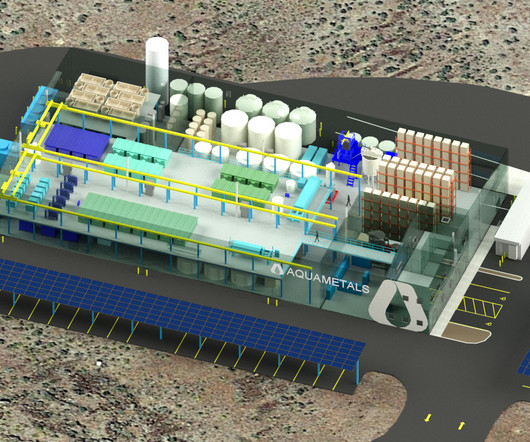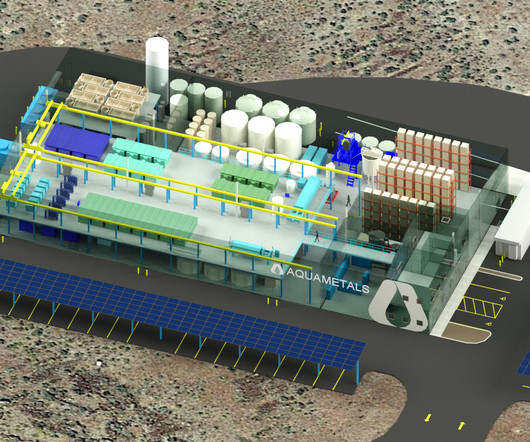CUE at Ryerson University testing 150 kW Li-ion battery from Electrovaya
Green Car Congress
NOVEMBER 3, 2015
The Center for Urban Energy (CUE) at Ryerson University in Canada is testing a 150 kW Li-ion battery provided by Electrovaya in collaboration with Toronto Hydro to prove how off-peak electricity can be stored. Generally, peaks demand occurs from 6 pm to 7 pm when solar generation is also minimal. Click to enlarge.


















Let's personalize your content